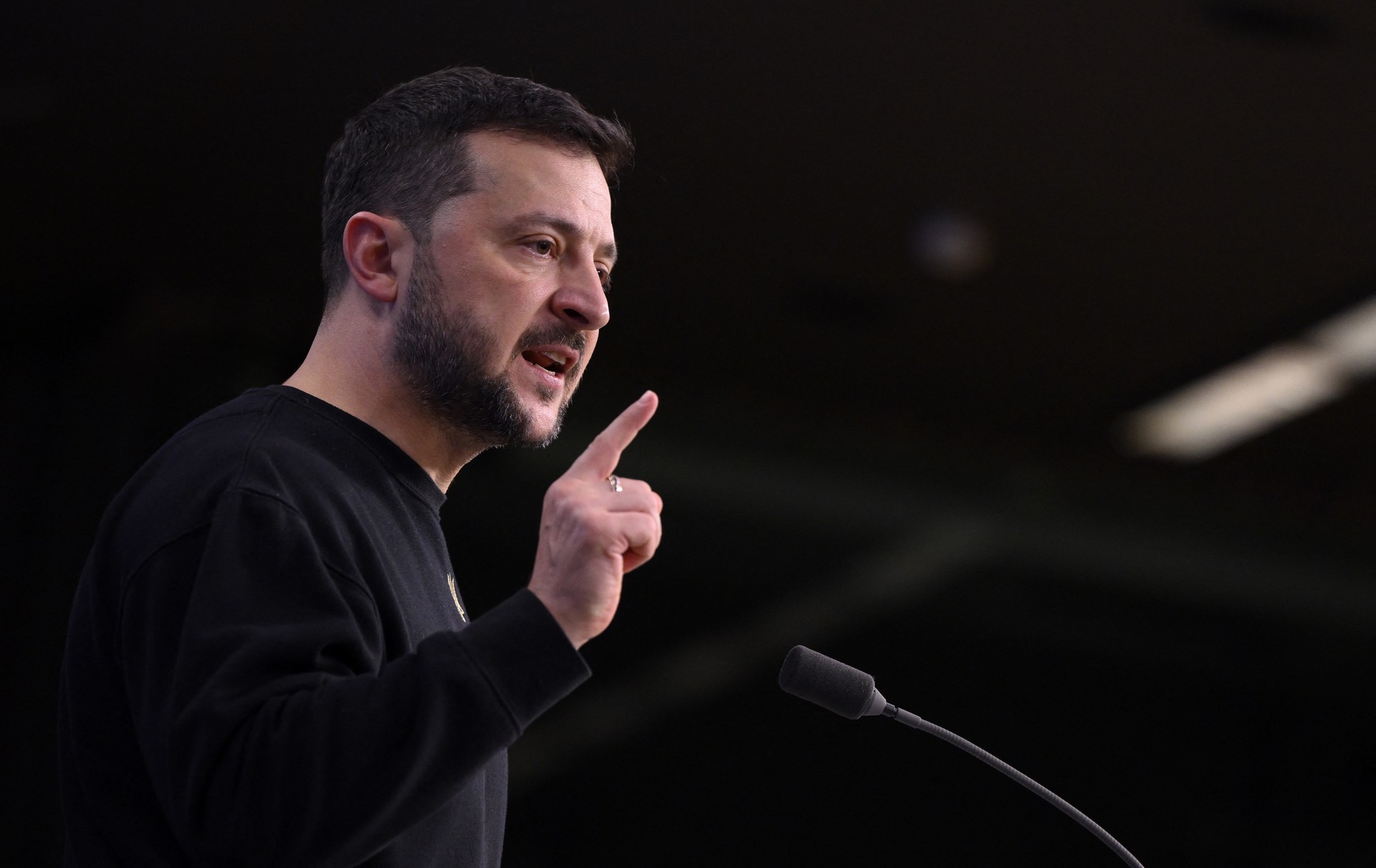
Ukrainian President Volodymyr Zelenskyy told European and NATO leaders on Thursday that Ukraine must be in a position of strength before entering any peace negotiations with Russia.
He emphasized his "victory plan" while meeting with EU leaders and NATO defense chiefs in Brussels, calling for increased Western military support to solidify Ukraine's standing in future diplomacy.
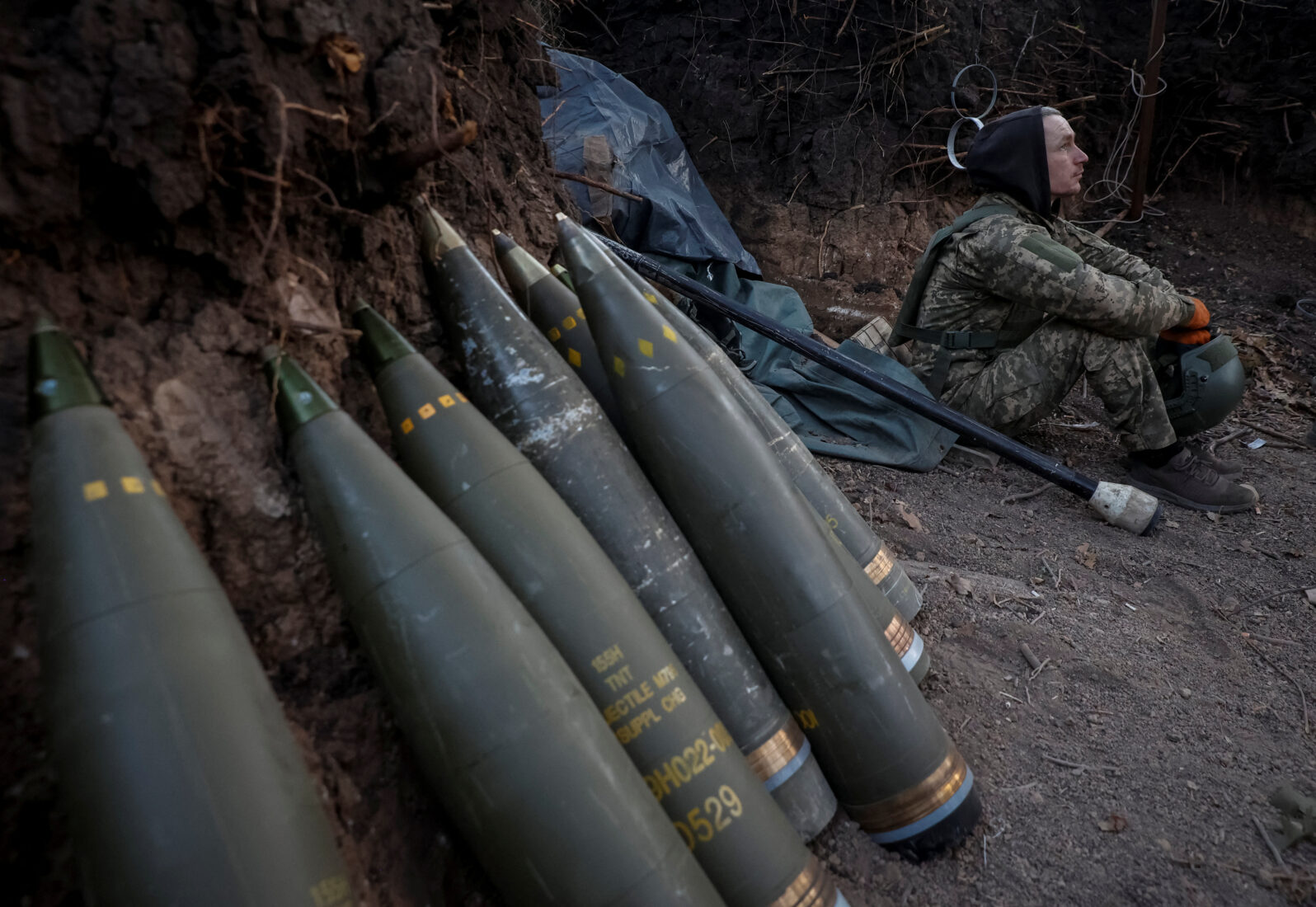
The plan outlined by Zelenskyy consists of five key points:
As the war enters its third year, Ukraine continues to face pressure to find an exit strategy, particularly as its military loses ground in the eastern Donbass region. Zelenskyy’s plan, which rejects territorial concessions, was laid out in detail to Western leaders, who are urged to bolster Ukraine’s defenses.
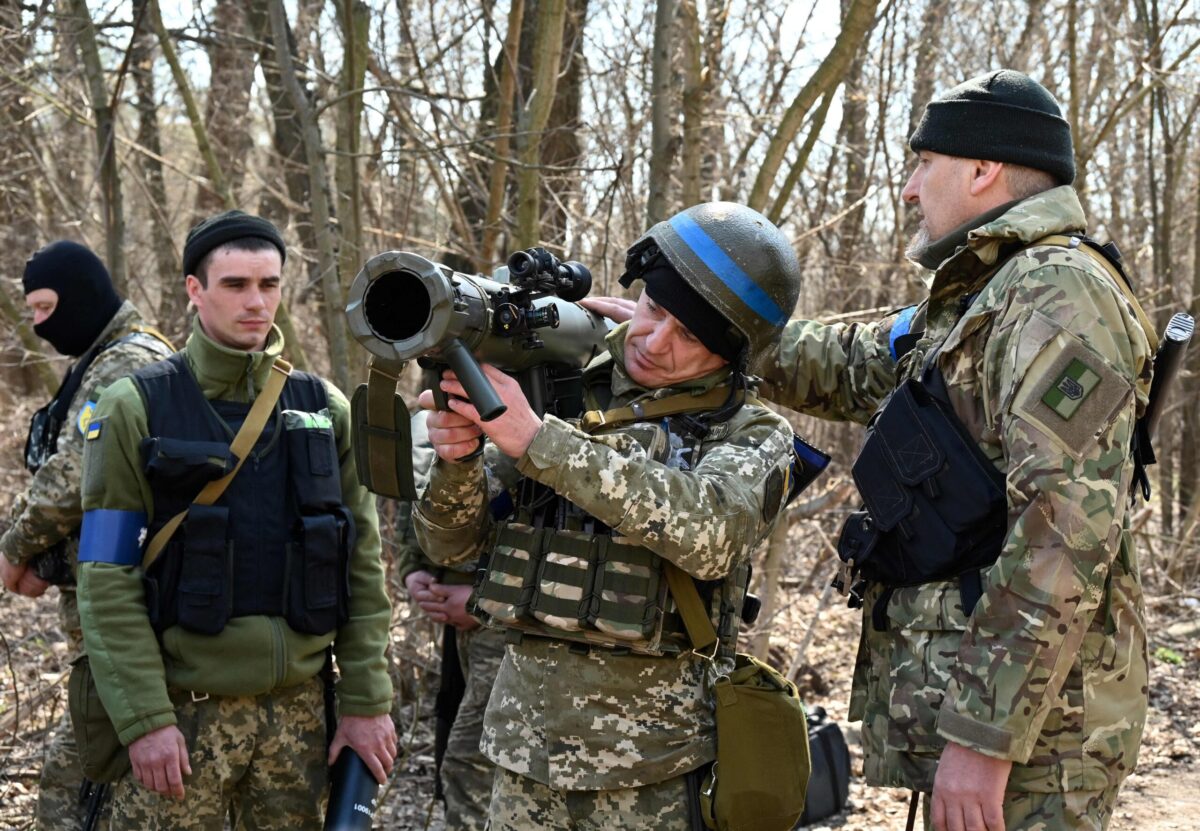
During his address to the EU's 27 leaders, Zelenskyy underscored that Ukraine was open to peace talks, but only from a position of strength. He warned against a forced truce, stating, "A forcefully imposed truce instead of fair peace never provided security." Zelensky emphasized that Russia would only resort to diplomacy when it believes that military force cannot achieve its goals.
https://twitter.com/ZelenskyyUa/status/1846877075107394010
Volodymyr Zelenskyy's post on X
"This is the plan. We must create the right conditions to end this war," he said, reiterating that a fair and just outcome is crucial for Ukraine’s future.
Zelenskyy also used the platform to outline his vision for Ukraine’s eventual NATO membership and called for the alliance to remove restrictions on using long-range weapons supplied to Ukraine. His appeal for additional defense aid comes as Ukraine faces continued Russian attacks on its cities and infrastructure.
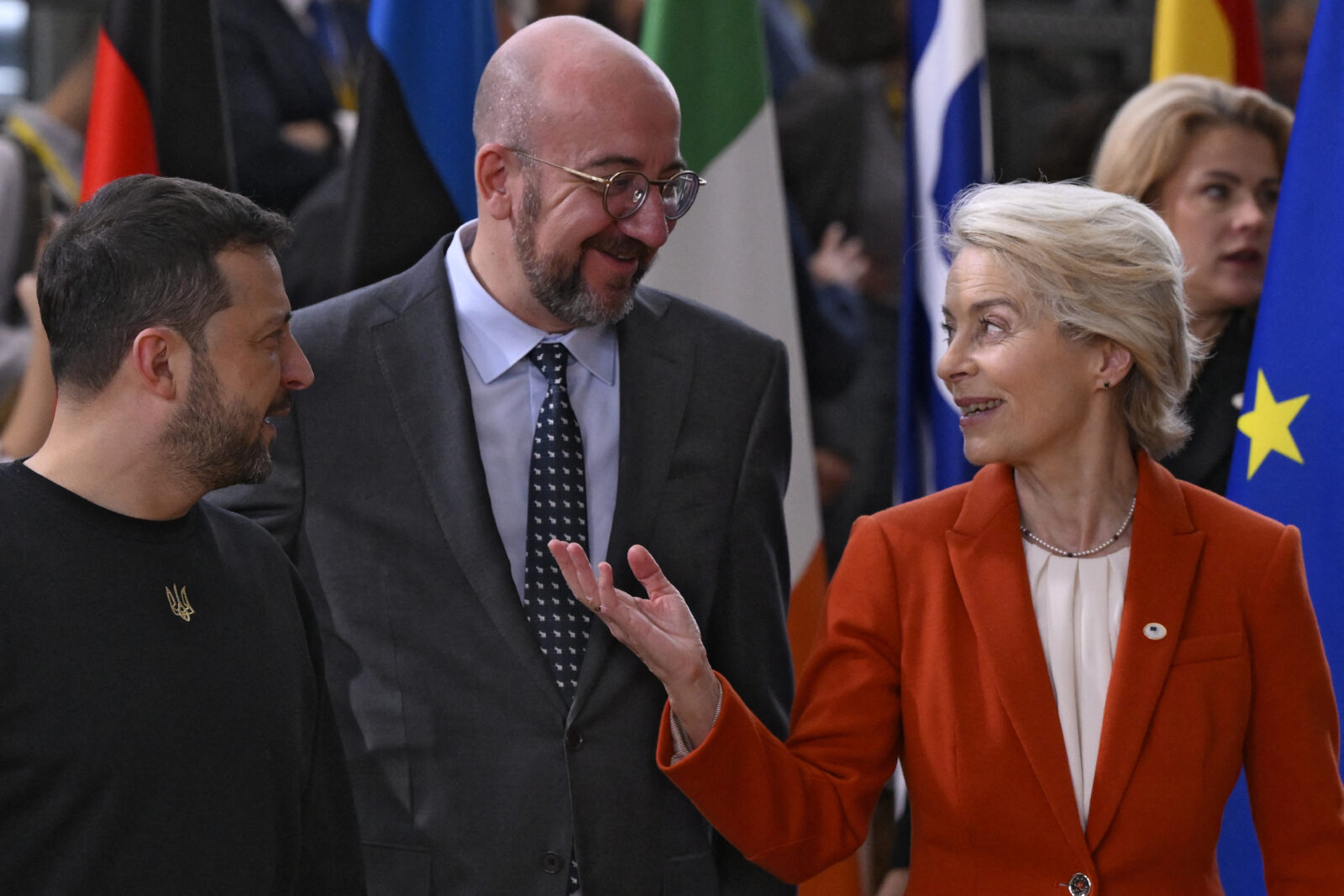
Following his meetings with EU leaders, Zelenskyy joined defense ministers from NATO’s 32 member states. While NATO has pledged ongoing support, alliance leaders, including Secretary-General Mark Rutte, were cautious about endorsing all aspects of Zelenskyy's plan.
Rutte called the discussions a "strong signal" of support but noted that an immediate NATO invitation for Ukraine was unrealistic in the current environment.
"Ukraine will be a member of NATO in the future," he reiterated, but U.S. and German leaders have expressed reservations about rushing the process, citing fears of provoking a direct conflict with Russia.
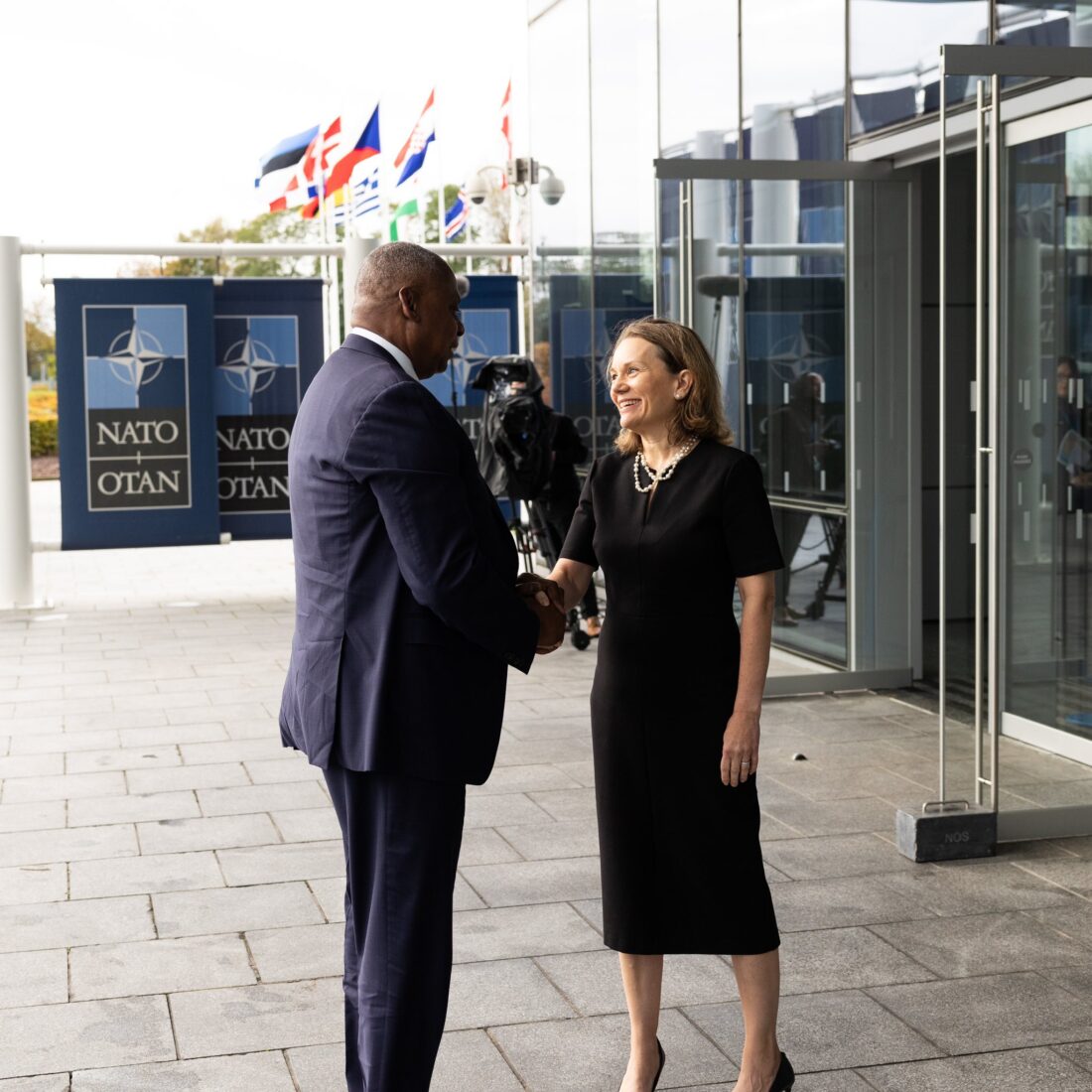
NATO countries, particularly the United States, continue to focus on maintaining military aid for Ukraine. "We are not at the point where the alliance is talking about issuing an invitation in the short term," said U.S. Ambassador to NATO Julianne Smith, highlighting the cautious approach.